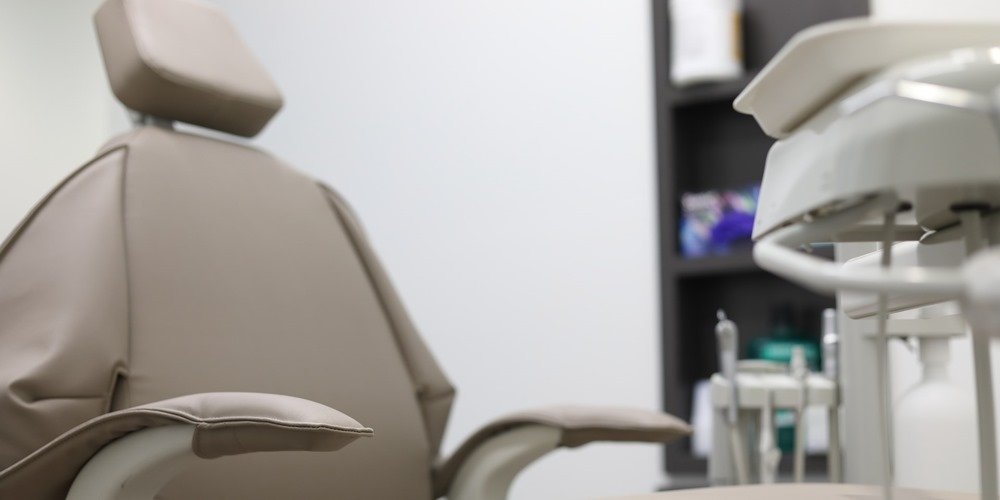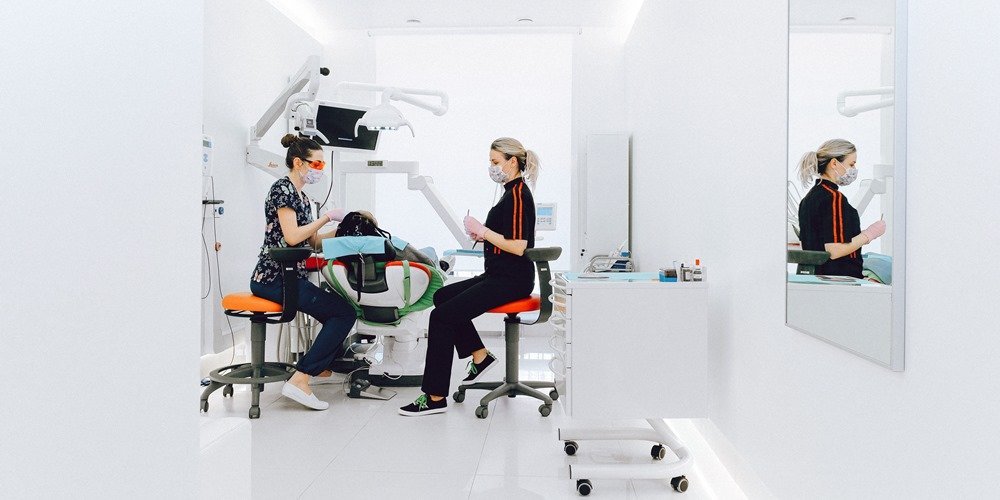Dental Office Lease: Understanding the Clauses

Dentists all across the United States are all aware that many dental office leases contain hidden traps if you don’t read them thoroughly or get advice from experts. The good news here is that many landlords tend to be flexible. We strongly advise dentists to work with an experienced team of advisors who deeply understand the local dental climate and the complexity of dental leases.
Let’s think of the next, pretty common situation:
A dentist decides to start a personal practice, either by starting from scratch or purchasing an already existing practice. The same dentist finishes the rent negotiations, which includes free rent, tenant allowances, renewal options and cannot wait to sign the lease agreement.
Then the landlord presents a dental office lease agreement that appears to be pretty standard and asks the dentist to sign it, because “every other” tenant has. Should the dentist sign the lease?
No. Not without consulting with an attorney or an advisor first.
Dental Lease Agreement Commencement Date
You should know from the start that the tenant and the landlord naturally have opposite goals once the dental lease agreement is signed. The landlord wants the lease to start as soon as possible so the rent will be paid promptly, even in cases when space may still be under construction or renovation.
If the office space is being built out, it’s crucial that the tenant provides the landlord with detailed plans, even specifying the carpet type, location of kitchen and bathrooms, sinks, what type of cabinetry they need, lab space and reception area, and other details that’ll help in the effort to guarantee that the new space will meet all the expectations and needs. It’s also important to ensure that the rent payment does not start until all the construction work is done.
The vast majority of lease agreements provide that the built-out will be considered complete when the landlord/contractor certifies that it is “substantially completed”. In most cases, this means that “punch list” items will be completed by the contractor after the practice is officially open for business and this surely is not the image a dentist wants to present to their patients.
When building out space, the dentist should select the most qualified contractor as possible and work on negotiating an appropriate build-out period. It would be smart to include a liquidated damages clause in the construction contract, that will ensure that if construction delays are behind schedule, the contractor will pay the rent instead of the dentist until the office is completed entirely.
Rent Increases
Almost every lease has a rent escalation clause. It can be either clearly outlined in the lease so the dentist knows the specific amount of rent they will be paying or the escalation clause may be bound to an index, usually the consumer price index.
Contractual increases are agreed to over the term of the lease by the landlord and the tenant. A good practice is to set an exact amount of money that’ll be paid over the term of the lease. By doing this, you eliminate any surprises. Indexes are unpredictable in nature and can deter the cash flow of practice.
Rent During Option Periods
The tenant should always include an option for lease renewal when negotiating a lease, which will define the exact amount of rent paid during the option period. When a “standard lease” is used, tenants usually find one or several methods that will be used in order to establish the amount of rent that is to be paid during the option period:
- An increase tied to the Consumer Price Index
- The prevailing market rent in the area
The term of the option period should be explicitly stated and the rent for each option year should be stated as well.
Damage to Office
What happens in cases the office building gets damaged and simply has to close the practice for a certain period of time? The damage to office clause obligates the landlord to rebuild the office but most contractors are very flexible in determining when he has to rebuild the place, or even if he should do it.
Because of this every dental lease agreement should include a provision where a tenant has the right to terminate the lease in cases where the restoration by the landlord hasn’t been done (for a reasonable period of time).

Lease Assignment Upon Sale of the Practice
The landlord has the option to deny or grant an assignment of an existing lease. All sale and purchase agreements should include a clause that the sale is contingent upon the landlord assigning the lease to the purchaser. In the past years, there has been a trend in the rental market of holding the seller liable for the terms of the lease even when the purchaser is occupying the seller’s space after the sale has taken place.
We recommend that a dentist build some “teeth” into the dental leasing assignment language that will allow them greater flexibility to sell the practice and exclude the landlord from the right to claim a part of the sale of the business.
Exclusivity Clause
Essential components in your dental lease agreements are your competition, regulated by an exclusivity clause. They restrict the landlord from leasing out space within the building to compete with the same type of business. Exclusivity clauses in the dental lease agreement can:
- Protect your business from competitors in the same area
- Promote tenant diversity
- Grow patient base and income
How Can an Exclusivity Clause Impact Your Dental Practice?
Competing dental practice could potentially take away existing and would-be dental patients. It could also undermine your investment, which includes money you’ve put into doing demographic research for selecting the area you’ve decided to open your dental practice at as well as the money you’ve used for building out your practice space.
You wouldn’t want to spend years investing in customizing your dental space and building goodwill in the perfect area just to have another dental office open up right next door, while your landlord is holding their hand out in greed for more rent.
Before even entering into a dental lease agreement for space for your soon-to-be dental practice, you need to think about potential issues like these and take necessary steps into protecting yourself. As you start your lease negotiation, an essential component of the negotiations would involve negotiating exclusivity provisions into your lease agreement.
A Use Clause in Dental Lease Agreements
The use clause in your dental lease agreement defines how you use the leased space. A use clause is very important since it states:
- Your right to use the premises for your specific business.
- The activities you’re allowed and required to engage in within the leased premises.
- The control your landlord has of the uses inside the leased premises.
You’ll usually find the use clause on the first page of your dental office lease agreement. Usually, it states what you can use the space for and provide a short legal definition. You’ll usually also find a more detailed legal definition of it in the standard form lease somewhere.
How Can a Use Clause Impact your Dental Practice?
As mentioned, the use of provisions in your dental lease agreements can outline the services or activities you’re permitted to perform within the space, but the details are frequently overlooked. The use clause allows you to grow your practice and can keep you from having the ability to add another specialization to your practice.
Miscellaneous Clauses in Dental Office Leases
What happens to the lease if a dentist dies or becomes disabled? Miscellaneous clauses in dental lease agreements state that the dentist should always be able to negotiate a release or termination of the lease if the tenant (dentist) dies or becomes disabled. Sometimes that can mean exchange for payment of several months’ rent. Many miscellaneous clauses contain relocation clauses as a result of special care.
Additional pro tip: Assemble your team wisely
Find an advisor who knows how to obtain and interpret current and additional data such as: the demographics, saturation, projected growth in an area data, vacancies, trends and other relevant information.
Once you have obtained the right location, and hired a well-connected advisor landlords are often willing to “sweeten” the deal. Rarely a dentist alone can have this perspective and access to information to negotiate the best dental lease agreements.
Use a qualified attorney to review all the dental office lease and make necessary changes. Otherwise, you are in “danger” of ending up with a one-sided lease, that solely benefits only the landlord. To prevent that from happening, IPG provides the best real estate agents that lead you through the whole process. Contact us today, and start your dental leasing with a head start.




